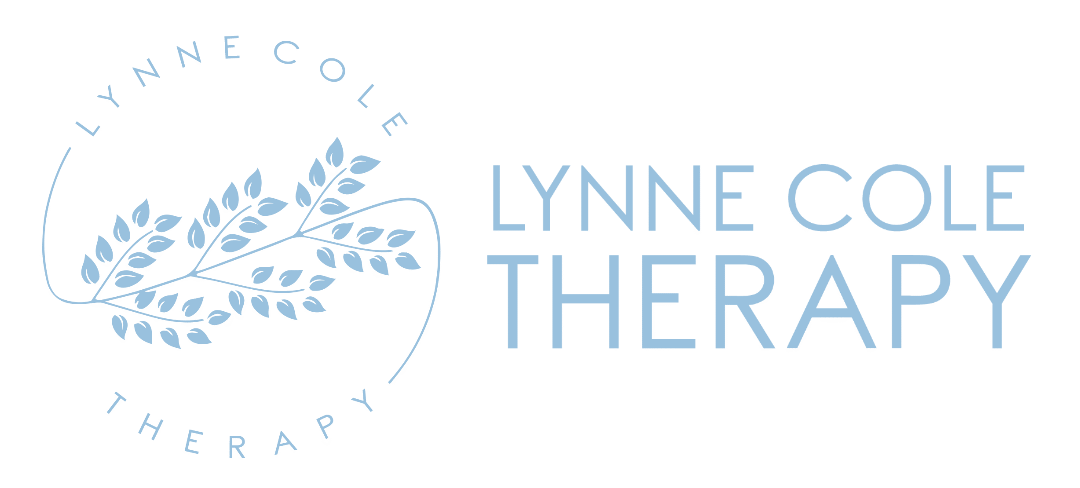By: Lynne Cole | Last Updated: August 2022
Table of Contents
ToggleMaking the decision to start therapy is the first, biggest, and often hardest step.
If you’ve decided to try it, congratulations; it’s not always easy to admit it when you need help, and it’s best for your health to call someone who can give you the appropriate help when you need it.
If this is the first time you’ve tried attending therapy, you may not be sure what to expect. It will be somewhat different depending on you, the therapist, and why you’re seeing them.
As a therapist with many years of experience, here’s some insight from me on what you can expect.
Before your First Session
There may be a waiting list for your first appointment, especially on the NHS. In my experience, wait times can vary.
It is worth getting in touch and we can look at my appointment schedule. Use this time to prepare for your first appointment. Consider the specific reasons you’re seeking therapy and the goals you hope to achieve.
Be realistic, but positive; you can recover from whatever the issue is, but it’s likely to take time and hard work, so be willing to put that in. It may help to select a special notebook as a therapy diary. Think about steps you could take so you have something to discuss in the session.
If you’re comfortable, discuss the therapy with a friend or family member so you have outside support.
The therapist may need to ask you some questions in advance. Ideally you will have already provided your name, pronouns, and contact details when making the appointment. The therapist may send you an intake form before the appointment, or give it to you at your first appointment, to detail your medical history, emergency contacts, and general practitioner’s information, along with what you hope to get out of therapy.
Arriving for your First Therapy Session
The therapist will inform you ahead of time if you need to bring anything, such as identification or medical information. If you feel better with a comfort object such as a childhood toy or a stim toy like a fidget spinner, bring them too.
The point of therapy is to create a comfortable and safe-feeling space to express yourself, and in my opinion these items can help with that. The therapist will provide any paperwork you need to fill out.
After arriving, you’ll most likely spend some time in a waiting room, just like any medical appointment. You will probably have to check in with either the therapist them self or a receptionist before the appointment, and they will give you any paperwork to fill out then.
Usually this involves a list of questions about your recent mood and mental health state. Be as accurate as possible and remember the therapist is there to help you; there is no need to find it embarrassing to share personal information. You will also need to sign an Informed Consent form/ terms and conditions which covers client rights and confidentiality.
Once you enter the therapy room, you and the therapist should take some time to get acquainted with each other. Making small talk to get used to each other before delving deeper is a good idea; find a pattern of communication that works for you.
Questions your Therapist May Ask in the First Session
Your therapist will probably want to know what issue has specifically brought you to therapy, and why you chose to enter therapy now rather than another time. For example, people commonly seek treatment for phobias when something which will trigger the phobia is coming up, such as a plane trip or necessary medical treatment.
Tell them if you have had therapy before, and what that experience was like; they’ll be able to tell you what’s different or the same with them. They may ask if you have a support base outside therapy; if you don’t, they’ll have some ideas on how to build one up.
It’s also a good idea to discuss what exactly you expect from therapy. If you have a concrete goal – a clear idea of what you would do differently if the problem was gone – that will help a lot.
The therapist also needs to know if you’ve experienced thoughts of harming yourself or others. Tell the truth; some people fear they will be institutionalised for admitting to thoughts of self-harm, but unless someone is in active danger this won’t happen. The therapist needs to know so they can give you appropriate help or a referral to other help.
Questions You can Ask in your First Session
Feel free to ask about the therapist’s credentials, prior experience with similar problems, and personal background. It’s important to know if you click with them and feel confident in their ability to treat you. If there’s anything in the paperwork you’re not clear about, such as the confidentiality policies, ask – the therapist might go over them with you anyway even if you don’t ask.
You may want to ask if they’ve worked with previous clients of your race, gender, sexuality, disability if you have one, etc. Ask about their thoughts on medication such as antidepressants in case it comes up.
Will My First Therapy Session Make Me Feel Better?
It’s not unknown for the first session to make you feel different for a while as things begin to change. Uncovering the roots of difficult issues can hurt emotionally.
However, this isn’t universal, and if it does happen it will clear up; even making a start on trying to get better can help point you in the right direction. Even one therapy session can give you ideas to work on and help you feel more supported.
Will I Know from the First Sessions whether Therapy will Work?
Serious problems such as incompatibility with the therapist’s personality or skillset are likely to make themselves known quickly. The therapist will be able to refer you to someone else if that’s the case. It may take more sessions to work out if the specific kind of therapy is working for you, but the therapist can refer you on later as well.
What Happens After your First Therapy Session
In my experience it’s normal to feel drained after a therapy session. Take a break and then consider whether the session was what you expected, whether you feel it’s what you need, and whether you get along with the therapist.
It might help to write down your thoughts. Think about whether the environment felt safe and comfortable, and how you felt about the therapist personally.
It’s a good idea to get the best start you can and make sure your therapist is able and willing to help you with your own individual set of problems. Ask any questions you need, and think about your feelings.

